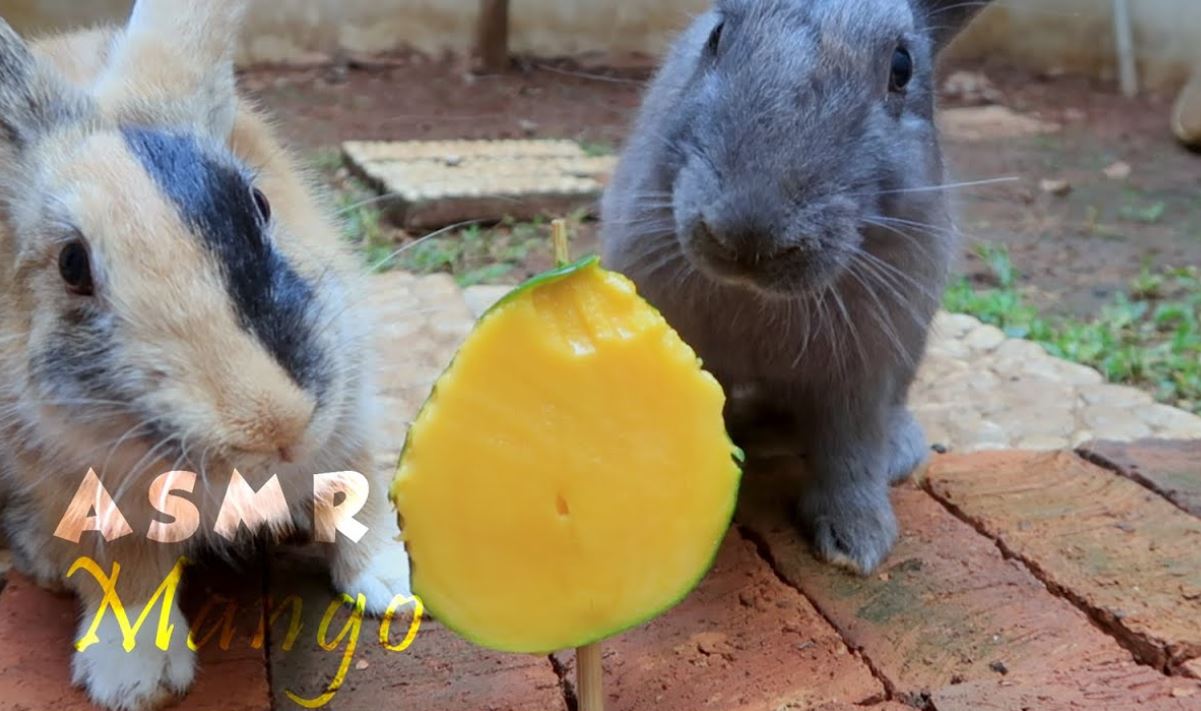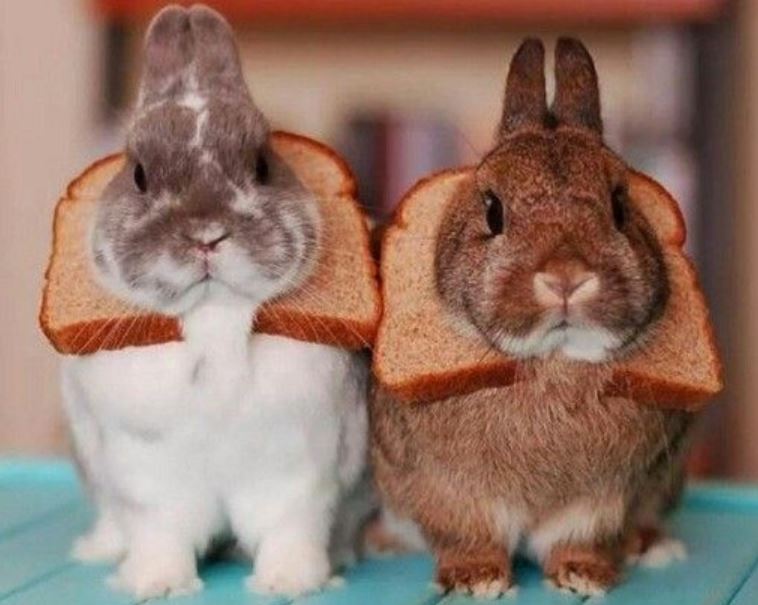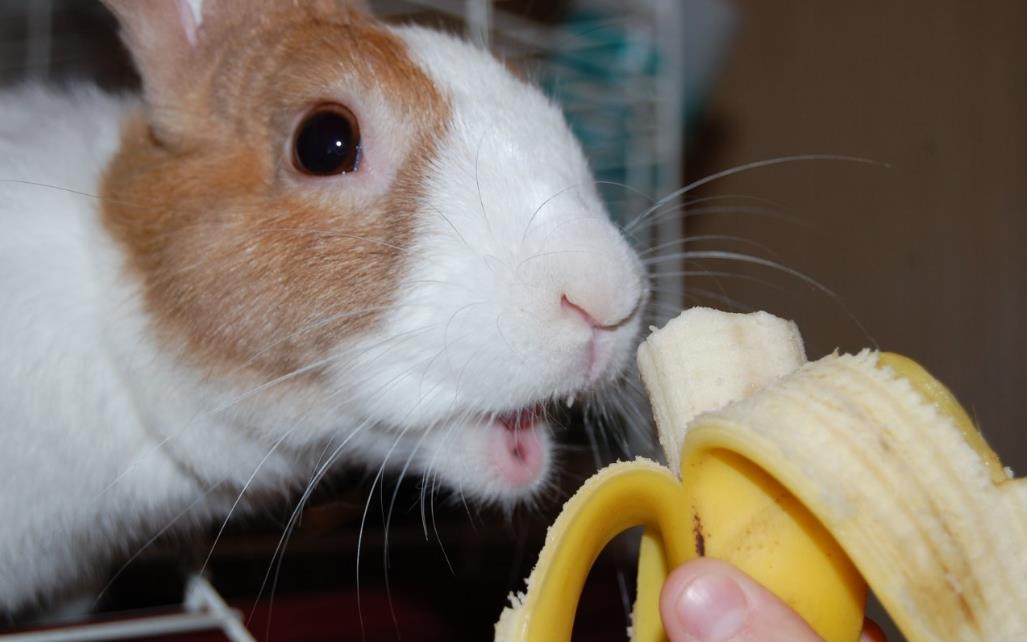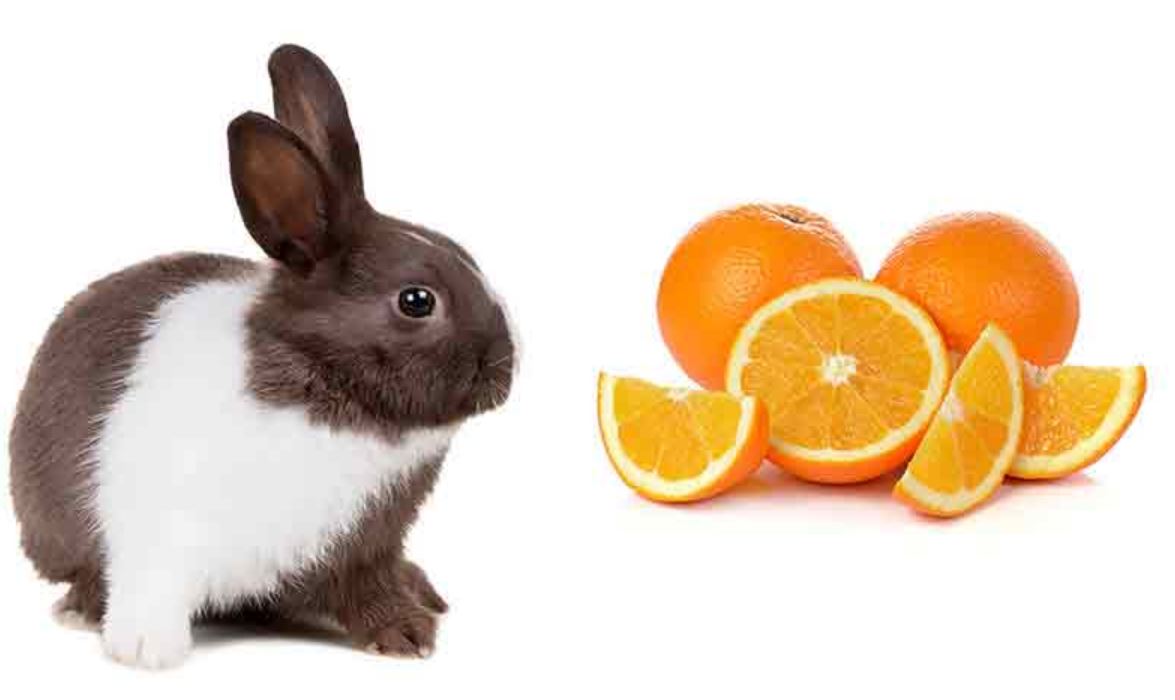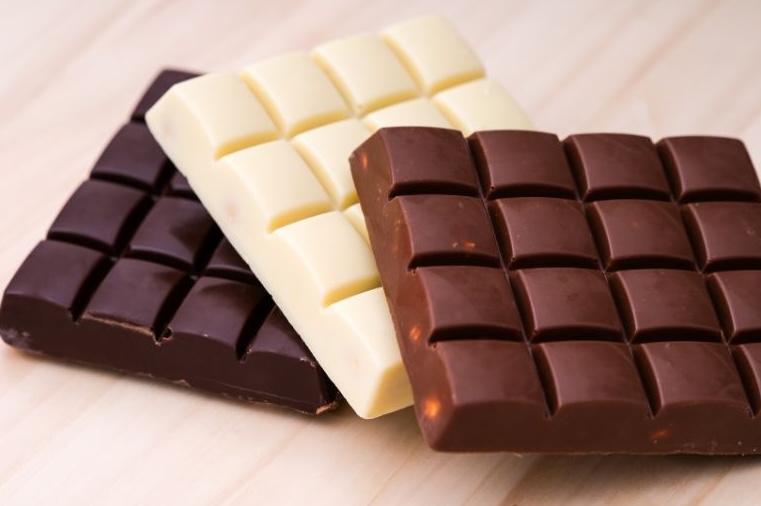
The curiosity of pet owners often extends to their furry companions’ diet. Among the myriad of questions that arise, one that stands out is, “Can rabbits eat chocolate?” Given the pervasiveness of chocolate in human diets, it’s understandable to wonder if it’s safe for our pets. However, it’s critical to differentiate between what humans can consume and what is suitable for rabbits.
Rabbits have a unique digestive system that is highly sensitive and different from other pets. While chocolate is a beloved treat for many people, its effects on rabbits can be quite detrimental. This article delves into the reasons why chocolate is harmful to rabbits, the specific dangers it poses, and how to ensure the well-being of your fluffy friends by keeping them away from this toxic treat.
Table of Contents
Can Rabbits Eat Chocolate?
Understanding the rabbit’s dietary needs is crucial to answering the question, “Can rabbits eat chocolate?” The simple answer is no. Chocolate is not safe for rabbits and should be strictly avoided.
Why Is Chocolate Toxic to Rabbits?
Chocolate contains several compounds that are harmful to rabbits. The most dangerous of these are theobromine and caffeine. Both of these substances are stimulants that can adversely affect the rabbit’s heart and nervous system.
Theobromine and Its Effects
Theobromine is the primary toxic component in chocolate. While humans can metabolize theobromine relatively quickly, rabbits process it much more slowly, leading to a buildup of the substance in their system. This buildup can cause severe health issues, including:
- Increased Heart Rate: Theobromine can cause a rapid increase in heart rate, leading to potential heart failure.
- Hyperactivity: The stimulant effect can make rabbits hyperactive, anxious, and stressed.
- Tremors and Seizures: In severe cases, ingestion of chocolate can lead to tremors and seizures.
The Role of Caffeine
Caffeine, another stimulant found in chocolate, compounds the effects of theobromine. It exacerbates the increase in heart rate and can lead to further complications, including:
- Cardiac Arrhythmias: Irregular heartbeats that can be life-threatening.
- Hypertension: Elevated blood pressure, which can be particularly dangerous for small animals like rabbits.
Symptoms of Chocolate Poisoning in Rabbits
Recognizing the signs of chocolate poisoning early can be crucial in seeking timely veterinary care. Symptoms to watch for include:
- Restlessness and Hyperactivity: Initial signs may include unusual restlessness and hyperactivity due to the stimulants in chocolate.
- Tremors and Muscle Rigidity: As the poisoning progresses, rabbits may exhibit muscle tremors and rigidity.
- Rapid Breathing and Panting: Elevated heart rate and blood pressure can cause rapid breathing or panting.
- Seizures: In severe cases, rabbits may experience seizures.
- Diarrhea and Vomiting: Gastrointestinal upset can also be a sign of chocolate poisoning.
What to Do If Your Rabbit Eats Chocolate
If you suspect that your rabbit has ingested chocolate, immediate action is necessary. Follow these steps to ensure the best possible outcome for your pet:
Contact a Veterinarian
The first and most crucial step is to contact your veterinarian immediately. They can provide specific instructions and may recommend bringing your rabbit in for emergency treatment.
Monitor Your Rabbit
While waiting for professional help, monitor your rabbit closely for any signs of distress or symptoms of poisoning. Note any changes in behavior or physical condition to report to the veterinarian.
Preventing Chocolate Ingestion
Preventing access to chocolate is the best way to protect your rabbit. Here are some tips to ensure your home is a safe environment for your pet:
- Store Chocolate Safely: Keep chocolate and other toxic foods out of reach. Store them in cabinets or areas that are inaccessible to your rabbit.
- Educate Family Members: Make sure everyone in the household understands the dangers of feeding chocolate to rabbits. This includes educating children who might be tempted to share their sweets.
- Supervise During Holidays: During holidays or special occasions when chocolate is more prevalent, be extra vigilant to ensure that none is left within reach.
Safe Treat Alternatives for Rabbits
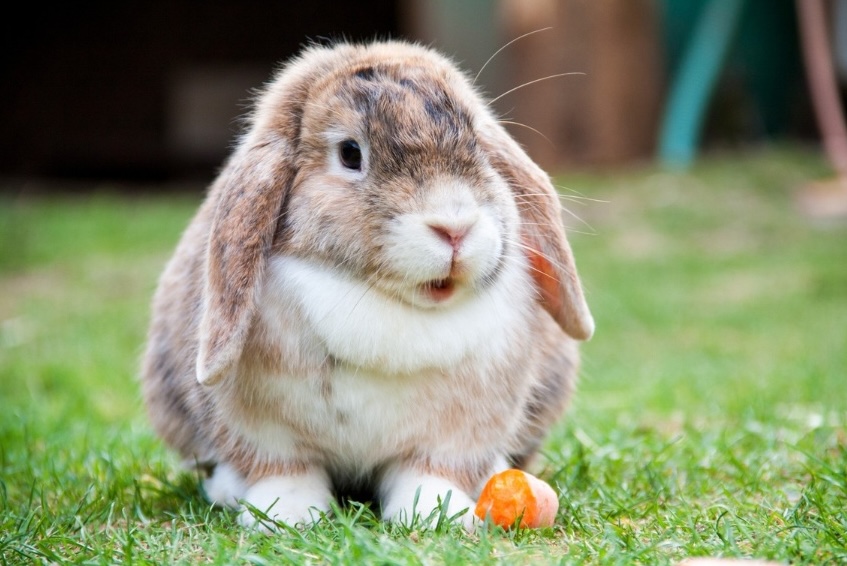
While chocolate is off-limits, there are plenty of safe and healthy treats you can offer your rabbit. These include:
Fresh Vegetables
Vegetables are a great way to add variety to your rabbit’s diet. Safe options include:
- Carrots: High in beta-carotene and a favorite among rabbits.
- Bell Peppers: Rich in vitamins and antioxidants.
- Leafy Greens: Romaine lettuce, kale, and parsley are excellent choices.
Fruits in Moderation
Fruits should be given sparingly due to their high sugar content. Safe options include:
- Apples: Ensure seeds are removed as they can be toxic.
- Berries: Strawberries, blueberries, and raspberries are good choices.
- Bananas: A small piece can be a delightful treat.
Conclusion
In conclusion, while it might be tempting to share your favorite treats with your rabbit, chocolate is one indulgence that should remain exclusively for humans. The potential health risks far outweigh any perceived benefits. By understanding the dangers of chocolate and taking preventive measures, you can ensure that your rabbit stays healthy and happy. Always prioritize their well-being by offering safe and nutritious alternatives and keeping harmful substances well out of reach.
